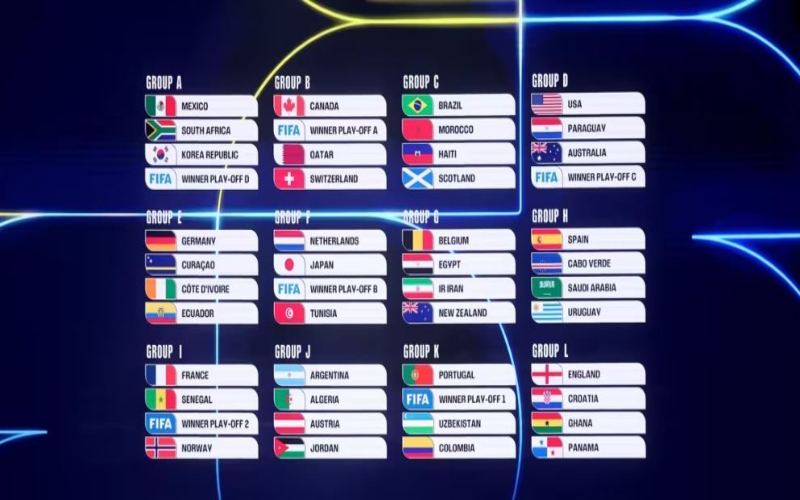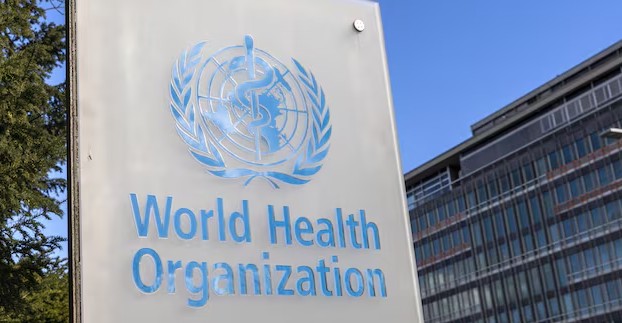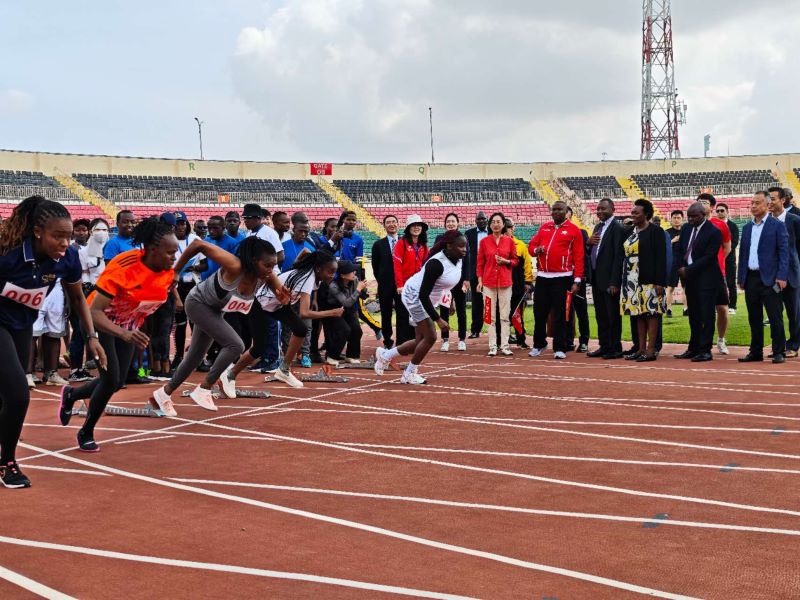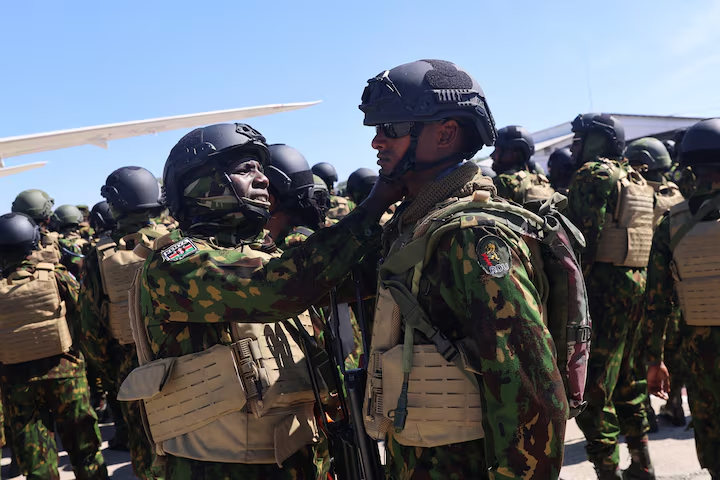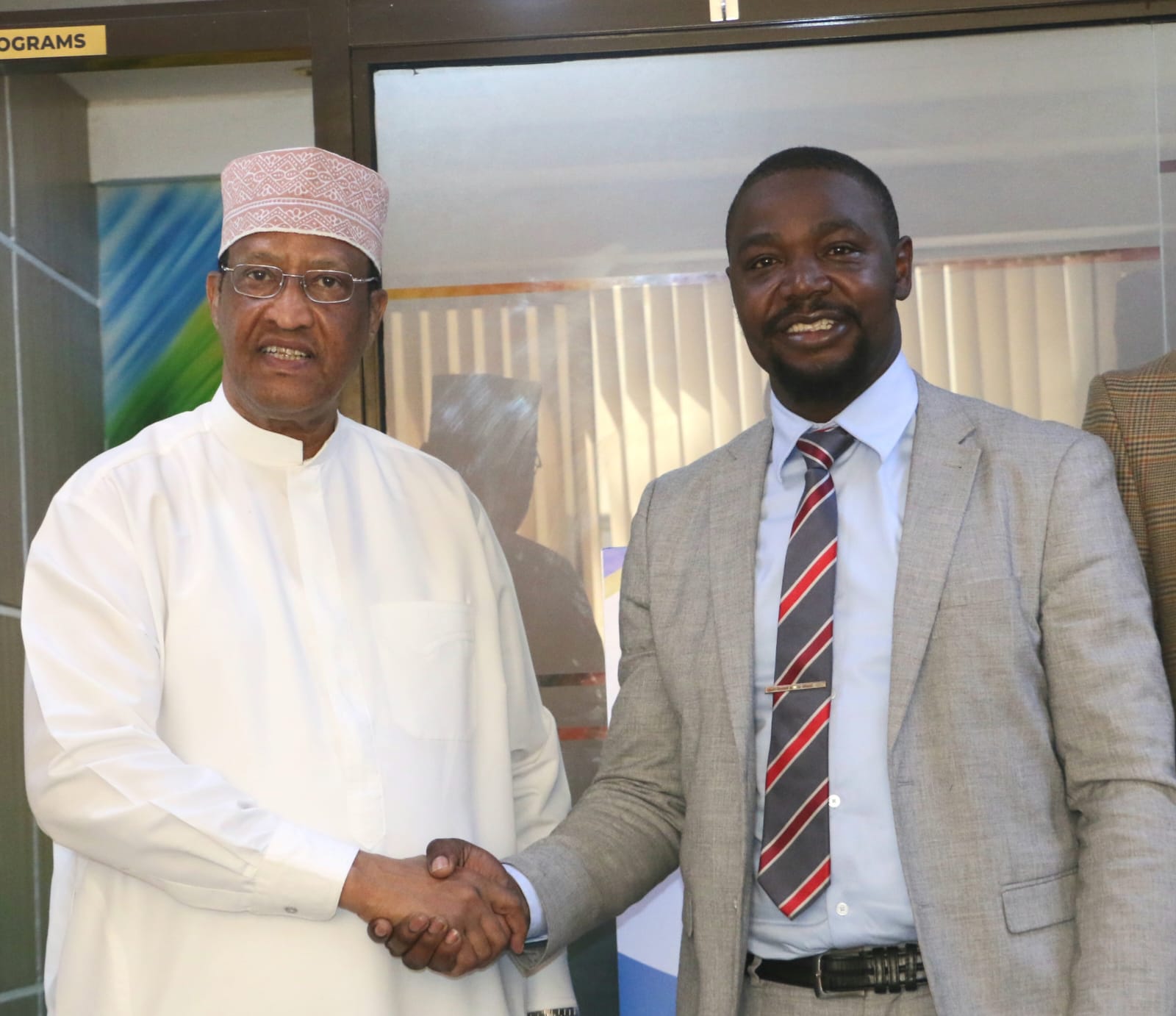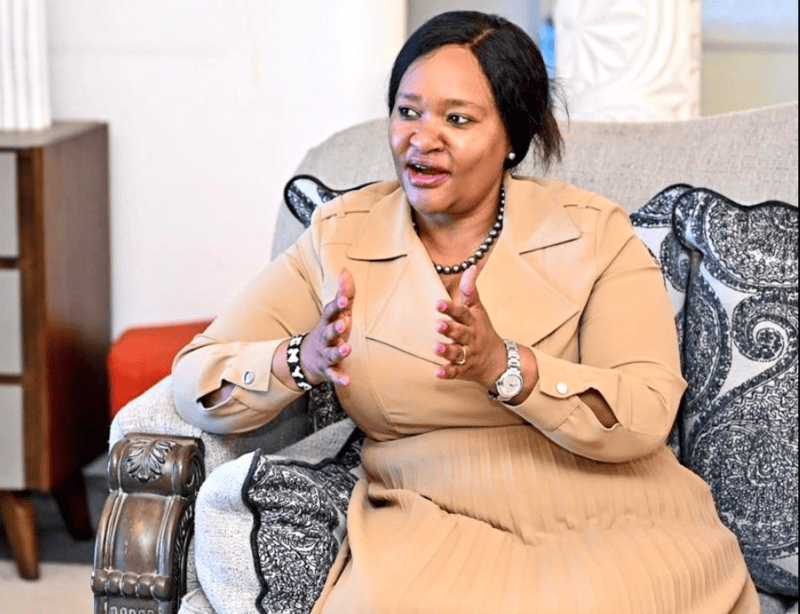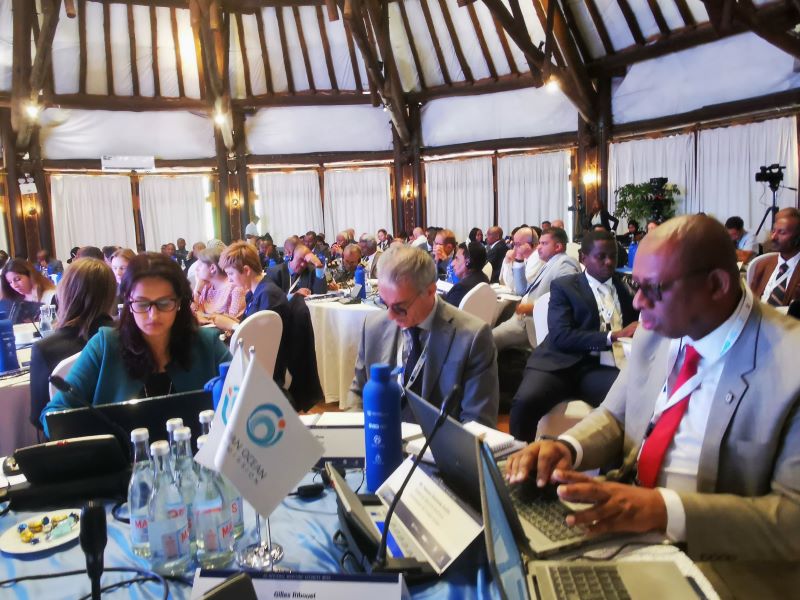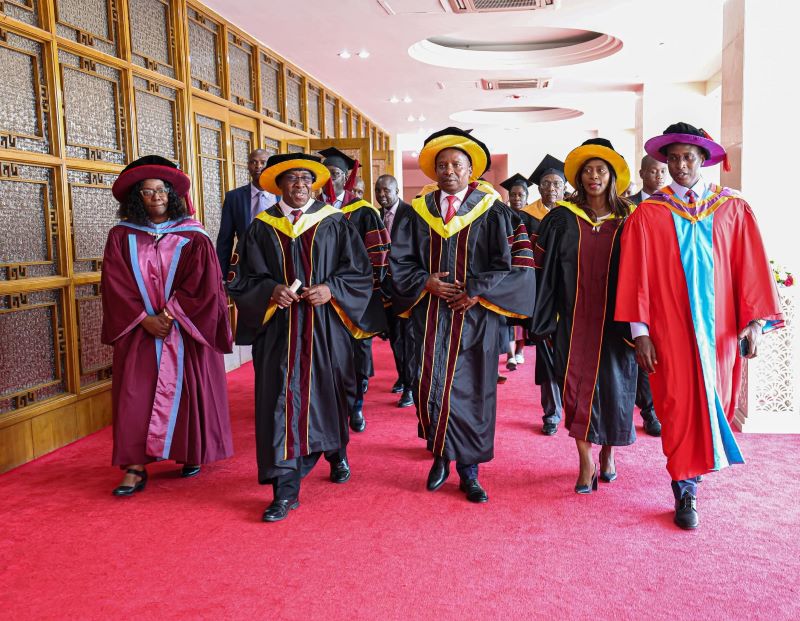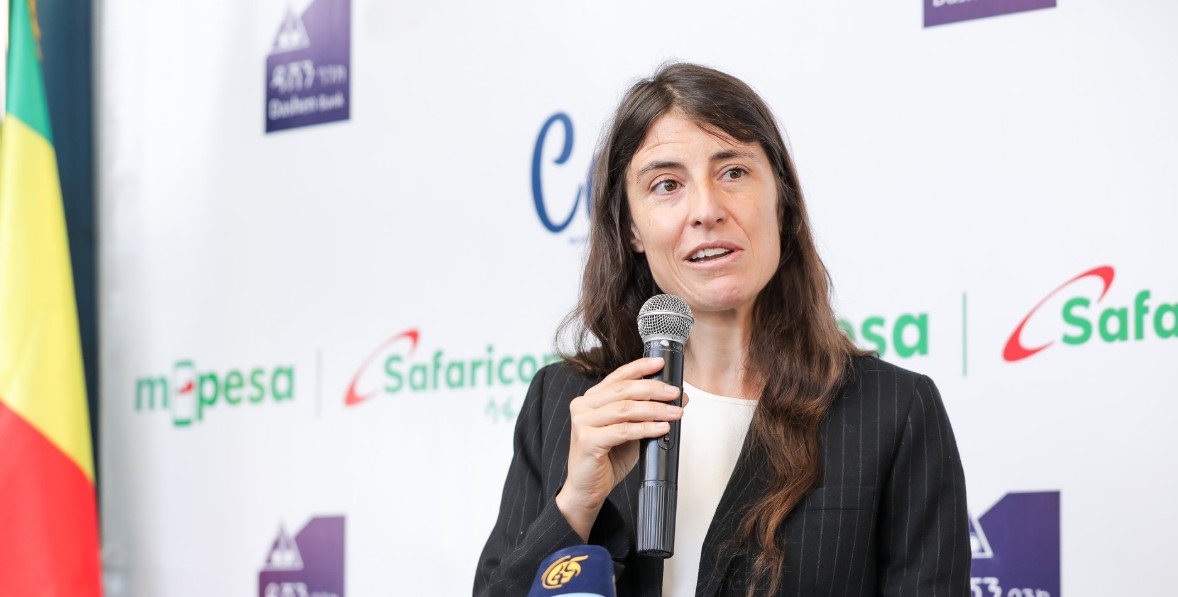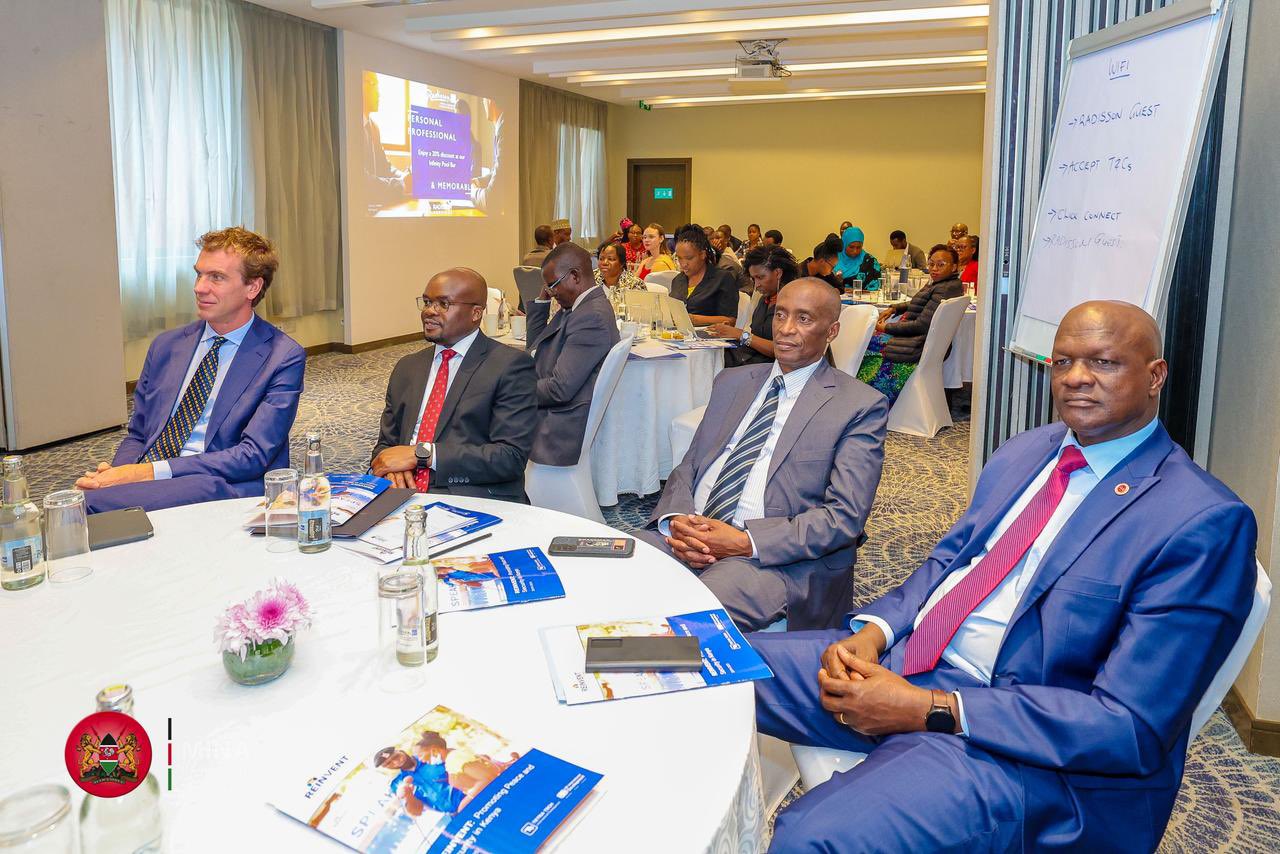Section of SUPKEM members demand fresh elections amid protests over leadership
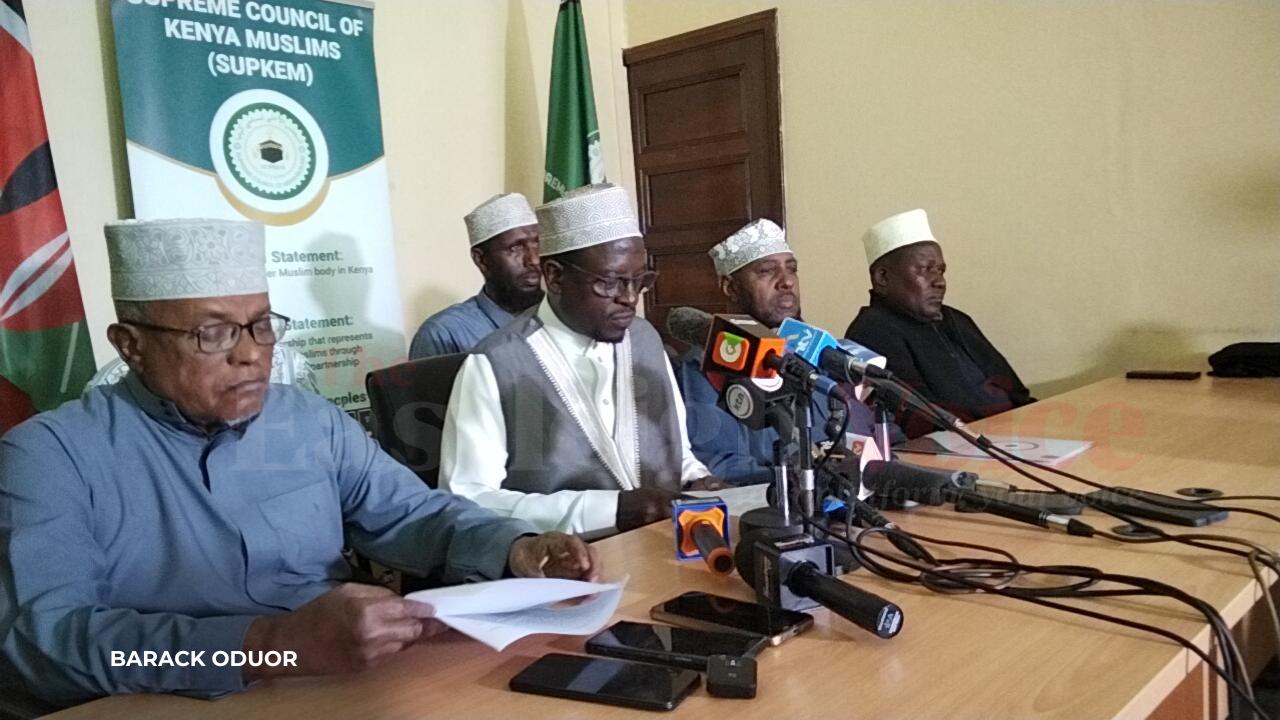
For the past two weeks, demonstrators have gathered at SUPKEM headquarters in Nairobi, expressing frustration over what they describe as a one-man show since 2017.
The Supreme Council of Kenya Muslims (SUPKEM) is facing mounting pressure from a section of its members to hold fresh elections, with protests erupting over claims of mismanagement and hand-picking of officials.
They argue that the leadership has failed to conduct polls since 2017, leaving the organisation in crisis.
More To Read
- SUPKEM Chair Hassan Ole Naado rejects calls to resign, defends tenure
- SUPKEM refutes claims linking Huruma mosque to affordable housing project
- Faith groups warn Religious Bill violates church-state separation
- Religious leaders reject state bid to regulate faith-based groups, cite threat to worship freedom
- Garissa peace advocates demand end to inter-communal land skirmishes fuelling violence
- NACADA, clergy join forces to confront drug crisis at the Coast
For the past two weeks, demonstrators have gathered at SUPKEM headquarters in Nairobi, expressing frustration over what they describe as a one-man show since 2017. The national leadership, headed by chairperson Hassan ole Naado, has been accused of using its position to tarnish the council’s image and frustrate attempts to hold fresh elections.
According to the demonstrators, legitimate officials were elected in 2017 under former national chair, Ambassador Abdulrahman Nzibo, who was removed under unclear circumstances one year later. Ole Naado initially assumed the role of interim chairperson and later secured the top position, which he continues to hold.
Lattif Ngirati Shaban, who served as director general before being sidelined under unclear circumstances, said elections, which are supposed to take place every three years, were delayed due to Covid-19.
“We expected elections to be held in 2021, but this did not happen. We have not held an election since 2017, but, unfortunately, documents were processed and submitted to the Registrar of Societies, marking the beginning of a conspiracy at SUPKEM, because the names changed,” he said in an interview with Nation.
In January 2023, the Registrar of Societies expunged Hassan ole Naado and other officials from the registry, citing the lack of an election to justify their appointments. However, he successfully challenged the order in court and was reinstated, provoking further uproar among members.
“The National Executive Committee of SUPKEM does not elect itself. It is elected by delegates from the 47 counties. There have been fraudulent things happening, where supporters are being hand-picked as officials. They are being replaced without them knowing,” Ngirati said.
He added that in the 2017 election, Hassan Ole Naado vied for secretary general but lost, only to later be brought in as an adviser to Nzibo.
Lattif also condemned the council’s branding of demonstrators as “goons.”
“I want to apologise for the leadership of Muslims in this country. They are not goons. These are people agitating for what is right, a voice to be heard. It is wrong to call them goons,” he said.
Abdulatif Juma Kombo, former branch treasurer in Laikipia, said a fresh election would restore the council’s credibility both locally and internationally.
“My humble appeal to Hassan Ole Naado is that you should just resign to save the Muslim ummah from all that kind of shame. It is a shame for us to continue having children, Gen Zs, women and old people going to the street for protests just because of your leadership,” he said.
Abdulatif and other members also raised concerns over the management of Muslim affairs, including the pilgrimage to Mecca.
“We cannot continue having the Muslims complaining. They are making the Muslim community a laughing stock. SUPKEM is not personal property. This belongs to us as delegates at the grassroots. On their behalf, we demand sanity. We cannot continue like this,” he said.
He further questioned his removal as a Laikipia delegate, claiming he was replaced without his knowledge.
“When did they replace me? Why is the current national council hand-picking people from the grassroots to come and represent us? This is wrong. Let us have an interim leadership as we wait for a fresh election. Our house can only be in order if Hassan Ole Naado and his hand-picked executive council are dissolved,” Kombo said.
Responding to the allegations, Hassan Ole Naado dismissed the claims, saying the two leaders lacked the authority to influence the council’s direction.
“Their call for fresh elections does not matter. They are not members of the society and do not know how societies operate,” he said, adding that he is lawfully in office and that elections might be held within the next two years.
In a statement on September 11, 2025, the Council described the recent unrest as stemming not from wrongdoing, but from the broader transformation aimed at modernising SUPKEM’s structures, which has caused discomfort among some interest groups resistant to change.
It highlighted that its mandate and its work are for the welfare of the Muslim community. The council insisted that its operations are guided by a constitution that empowers it to coordinate programmes for its members and support the Muslim community.
It emphasised that it builds the capacity of member organisations to address grassroots challenges, with membership including mosques, madaris and community-based organisations. The council implements programmes across the country in areas such as education, health, governance, Halal certification and Hajj, while also responding to emergencies in Muslim-majority areas, including North Eastern, Upper Eastern, and northern Kenya.
Since 1981, SUPKEM said it has supported the education of over 380 doctors and engineers through partnerships with the Islamic Development Bank in Jeddah, Saudi Arabia, with the majority now serving within Kenya.
The Council acknowledged challenges in sustaining initiatives and outlined steps by the current leadership to amend the constitution, involve other key stakeholders such as the Majlis Ulamaa, and professionalise management through a Secretariat-based program office. It also highlighted efforts to hold Hajj agents accountable and ensure transparency.
Top Stories Today

